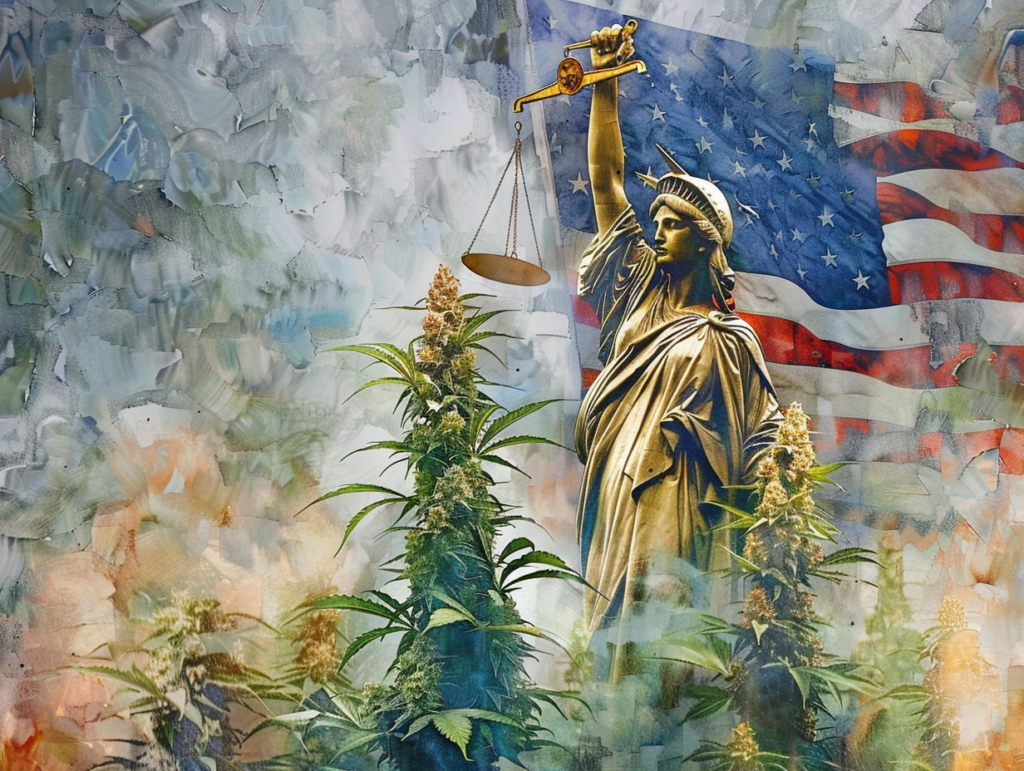
Biden clears up misunderstandings about pardons for marijuana possession: No expungement included
President Joe Biden clarified that his federal marijuana-related pardons did not include expungement of criminal records, stressing that further legislative action was needed to fully expunge those affected's criminal records.
In a recent clarification, President Joe Biden acknowledged an important detail of his widely publicized pardons for marijuana possession—namely, that, contrary to his previous statements, they did not include expungement of criminal records. That revelation has sparked debate about the limits of presidential pardons when it comes to considering the broader consequences of drug-related convictions, especially for minor offenses like marijuana possession.
President Biden's initial announcement to pardon all past federal offenses for simple marijuana possession was hailed as a progressive step toward correcting past injustices related to the War on Drugs. But the difference between a pardon and an expungement is crucial. While a pardon remits the legal penalties associated with the conviction, it does not erase it. An expungement would have removed the conviction from a person's record entirely, significantly harming their chances of employment, housing, and education.
This clarification has significant implications. For those affected, pardons reduce legal burdens, but without expungement, the stigma and hurdles associated with a criminal record remain. This half-hearted measure highlights the complexity of drug policy reform and the limitations of the executive branch in addressing its decades-long impact.
Reactions to the news have been mixed. Cannabis reform advocates welcome the pardons, but stress that the measure without expungement does not provide full relief for many people who disproportionately suffer under historically strict drug laws. Critics argue that Biden's administration must push for broader changes to the law that include criminal expungement to truly address the problems.
Politically, this development could also affect Biden's standing among younger voters and progressive groups that advocate for substantive reforms to cannabis legislation. With the 2024 election looming, the way his administration handles this issue could be critical to winning the support of these crucial voting blocs.

In summary, while President Biden's admission does not change the legal status of those pardoned, it brings to light the need for more comprehensive solutions to address the long-term effects of marijuana convictions. It is also a call to Congress to enact legislation to fully expunge criminal records and close the chapter of America's drug policy of the past.

Post a comment: